Tag: Lactate
-

Head trauma, part 1: prognosis and management
—
by
Over the next few posts we are going to tackle head trauma, starting with some basic pathophysiology, determining a prognosis and then covering the principles of management. The injury sustained by the brain is divided into two types or phases: primary and secondary. Primary brain injury refers to the immediate injury sustained as a result…
-

Using lactate measurements in general practice
—
by
Several easy and affordable ways exist to measure lactate in general practice, which means the clinical applications of monitoring lactate is no longer the reserve of specialist and emergency centres. But why and how should you be using it in general practice? What is lactate again? When oxygen is not effectively delivered to cells throughout…
-

Ionised hypocalcaemia, pt 3: acute treatment and management
—
by
Treatment of ionised hypocalcaemia (iHCa) is reserved for patients with supportive clinical signs, then divided into acute and chronic management. Since the most common cases of clinical hypocalcaemia in canine and feline patients are acute to peracute cases, this blog will focus on the acute treatment and management of hypocalcaemia. Clinical signs The severity of…
-
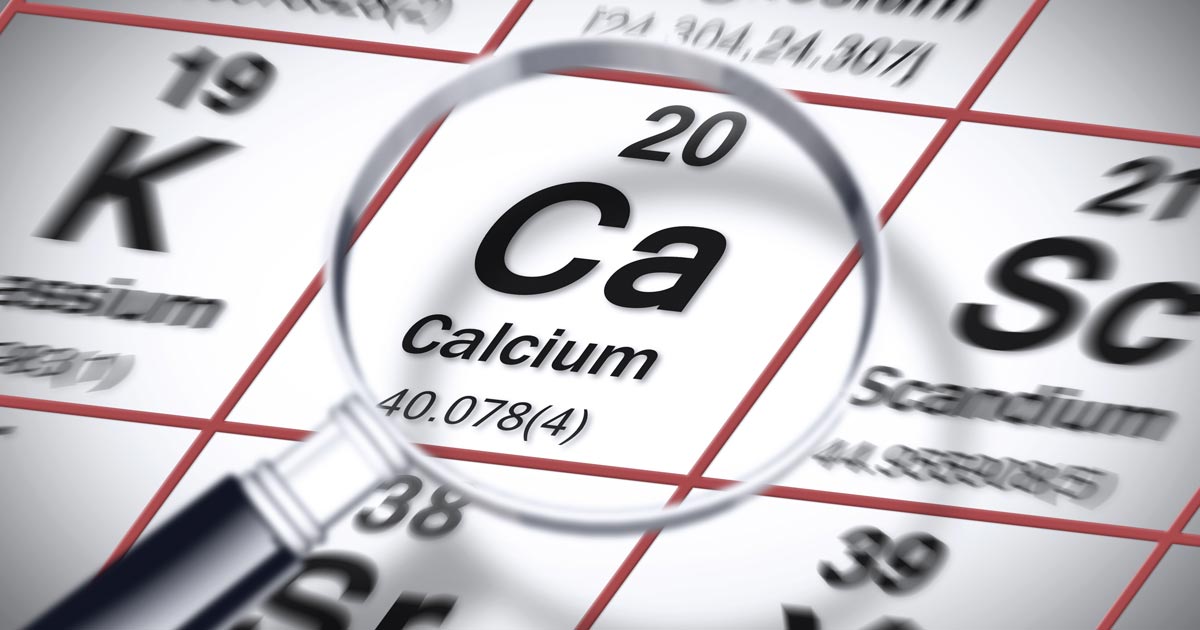
Ionised hypocalcaemia, pt 1: introduction
—
by
Low ionised calcium (iCa) is a widely recognised electrolyte disturbance in critically ill human patients who have undergone surgery, are septic, have pancreatitis, or have sustained severe trauma or burns. Similar changes occur in our critical canine and feline patients, though less well documented. Calcium plays a vital role in a myriad of physiological processes…
-
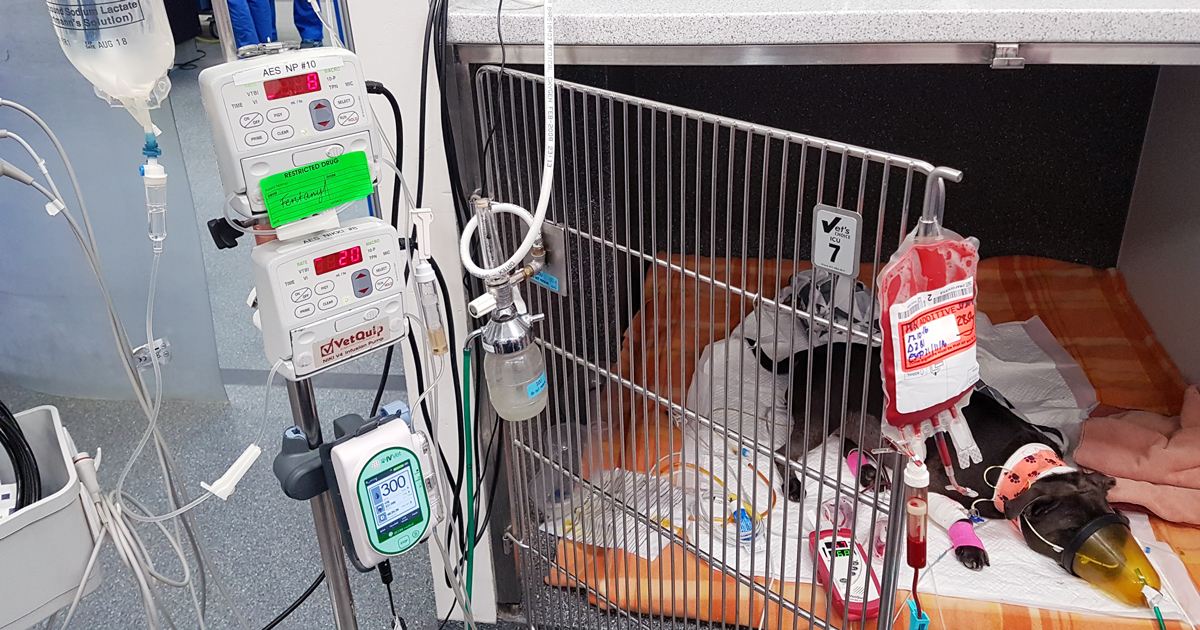
Blood transfusions, pt 1: clinical signs
—
by
I get asked frequently when is the right time to transfuse an anaemic patient? The difficulty lies in the fact not all anaemic patients require blood transfusions. Just because a patient has pale mucous membranes does not mean the patient needs a transfusion. The term commonly brought up during the discussion is “transfusion triggers present”.…
-
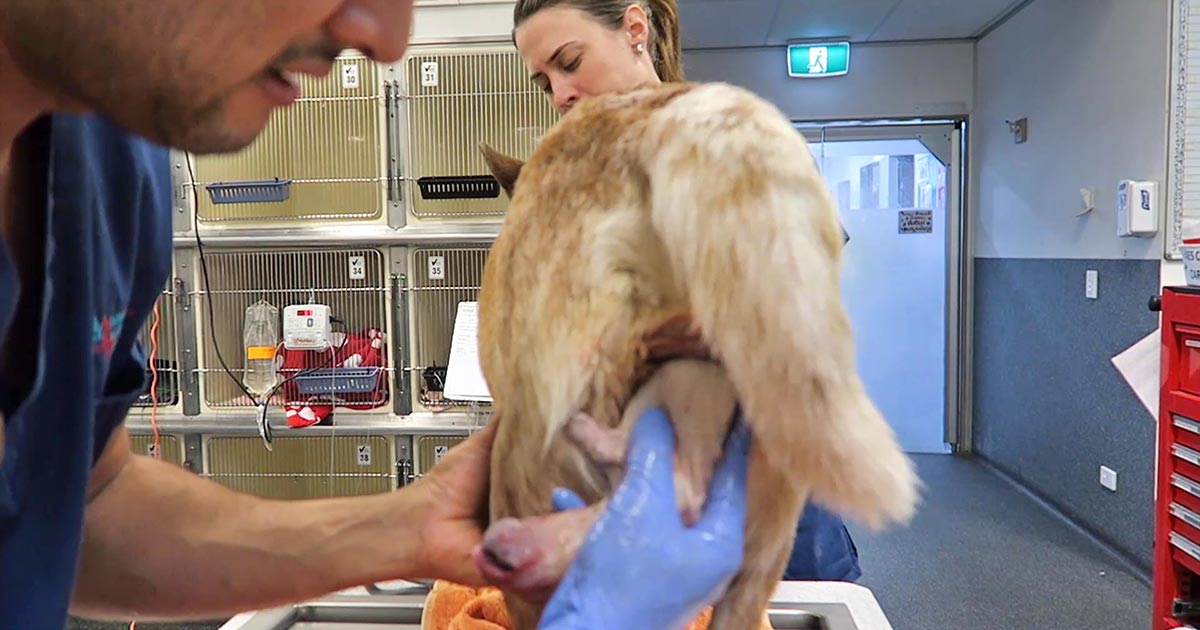
Dystocia, pt 2: diagnostics
—
by
Part one of this series covered the stages of labour and indications dystocia is present. Once the bitch presents to the clinic, a few basic diagnostic checks need completing to determine the status of the bitch/queen and the fetuses. Physical examination The first is a thorough physical examination, starting with the bitch or queen: Demeanour,…
-
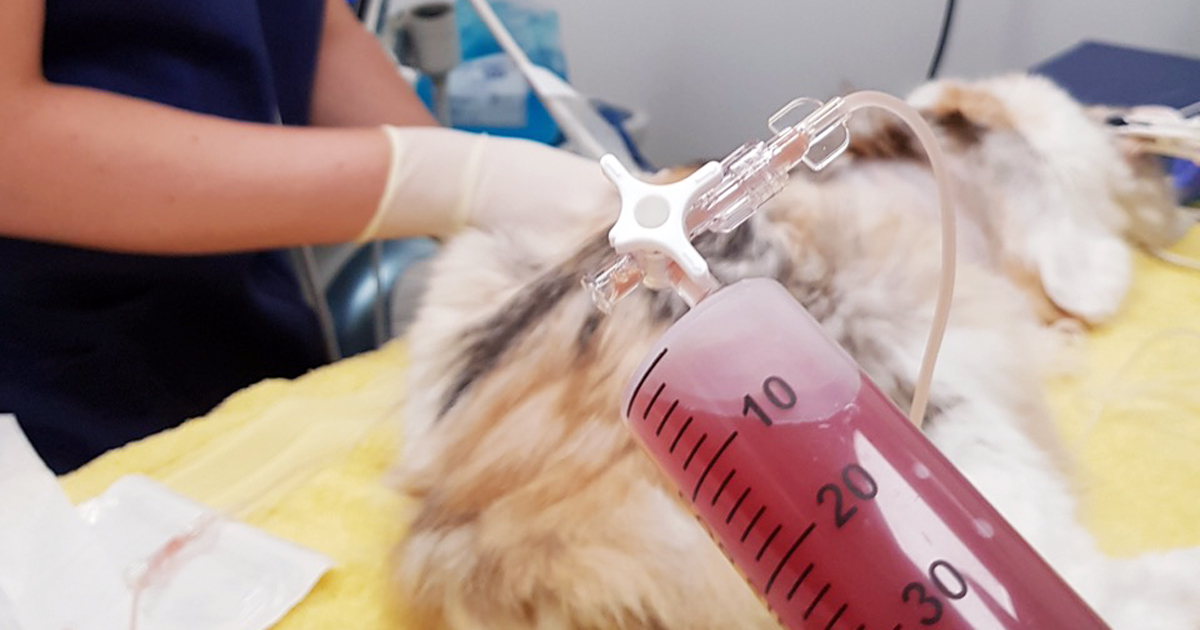
Thoracentesis, part 2: sample work
—
by
Last week we gave some hints and tips about how to perform a thoracocentesis. This week we look at what to do with the sample you collected and where to go to next. Looking at the sample is not enough, there are several things you need to do to make sure you are getting the…
-
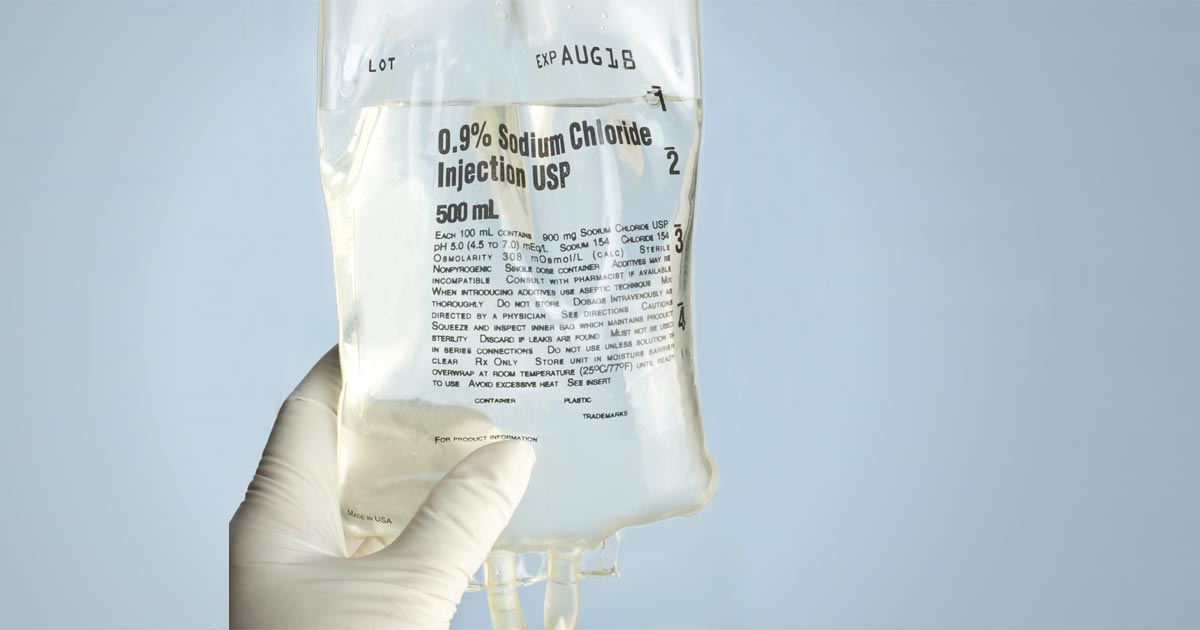
Hyponatraemia, pt 3: correcting a sodium concentration of 110mEq/L
—
by
The amount of sodium required to increase serum sodium concentration to a desired value can be calculated from the following formula: Sodium deficit = 0.6 × bodyweight (kg) × (normal sodium [mEq/L] – patient sodium [mEq/L]) Table 1. Sodium content of various fluids Fluid Type Sodium content (mEq/L) 0.9% sodium chloride 154 Normosol-R 140 Hartmann’s…
-
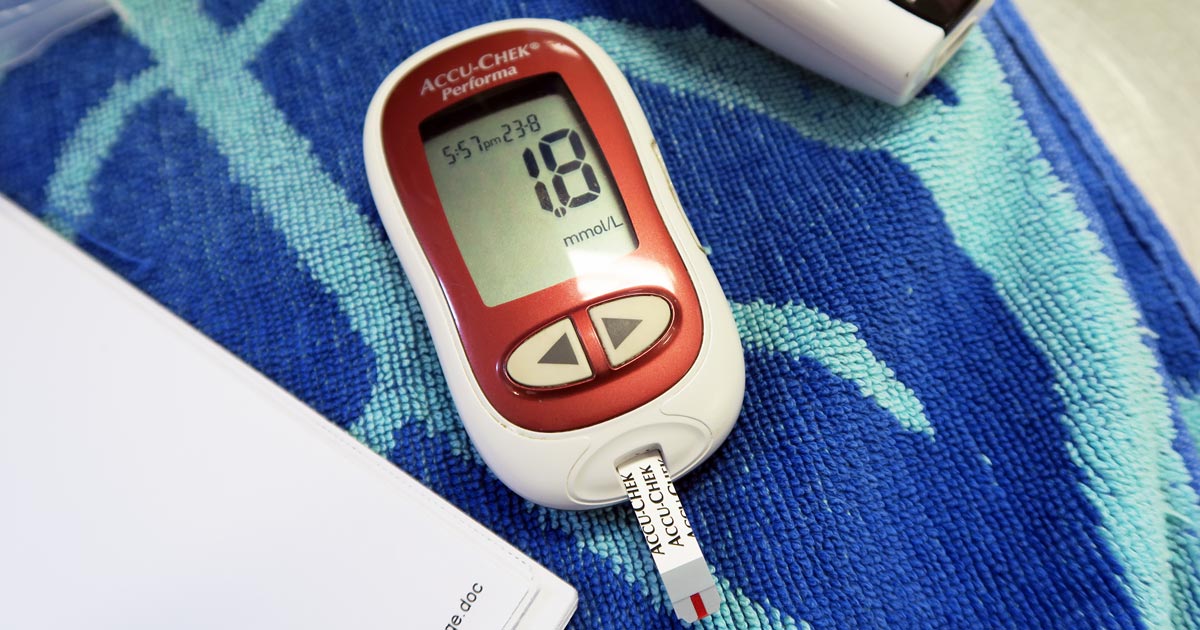
Hypoglycaemia
—
by
Blood glucose is an important parameter that should be included in every “emergency database”. Hypoglycaemia is considered when blood glucose levels drop below 3.5mmol/L or 63mg/dL. Symptoms can start as being vague, such as lethargy and weakness, then progress to tremoring and seizures. One important point is that, in an emergency setting, although reduced food…
-
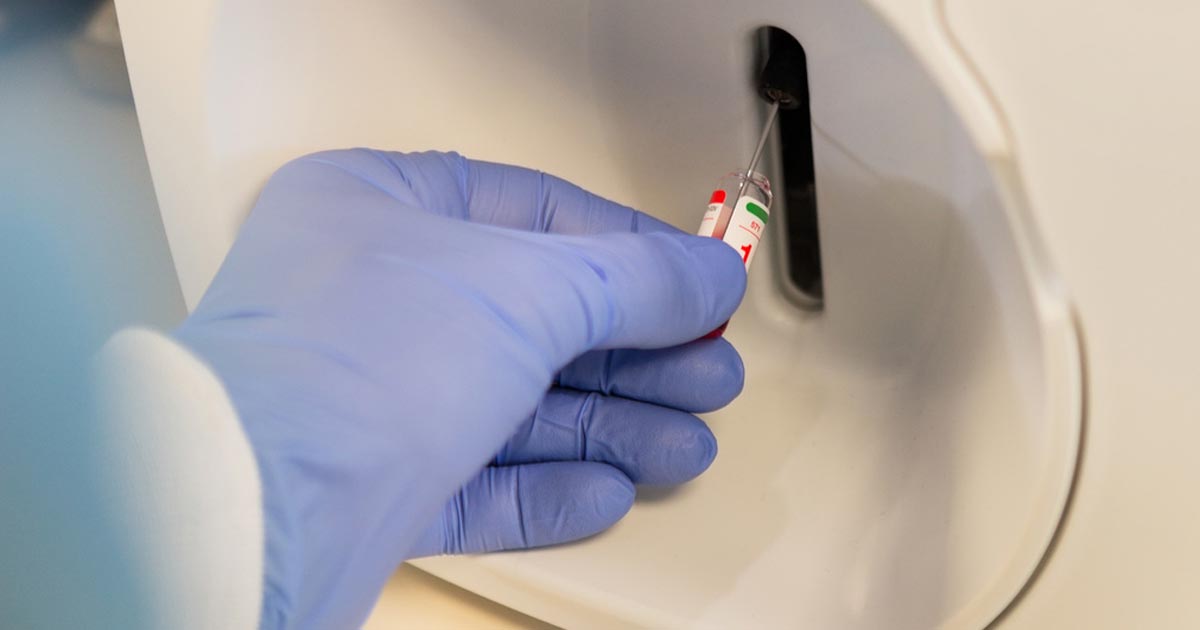
Blood gas analysis, pt 1: why everyone needs to know about it
—
by
For those of you who have received referral histories from emergency or specialists hospitals, blood gas analysis is probably no stranger to you. For those who have never heard of them before, fear not – you are in for a treat. In my emergency hospital, the blood gas analyser is arguably one of the most…